Menu
Visitors To Our Site
GERMANY
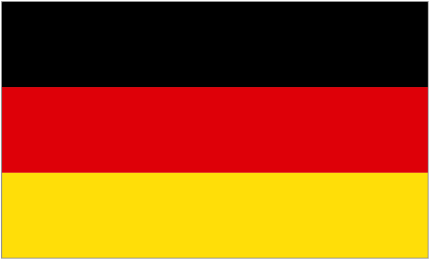 ��22.4%
��22.4%
 ��22.4%
��22.4%UNITED STATES
 ��16.1%
��16.1%
 ��16.1%
��16.1%RUSSIAN FEDERATION
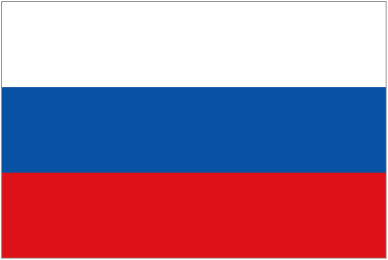 ��7.9%
��7.9%
 ��7.9%
��7.9%ROMANIA
 ��7.0%
��7.0%
 ��7.0%
��7.0%UNITED KINGDOM
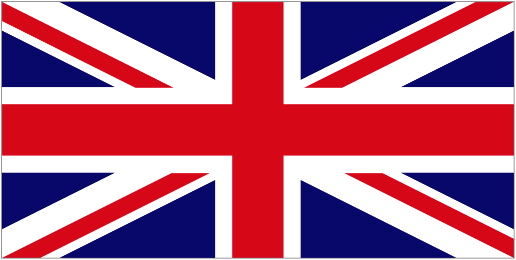 ��5.7%
��5.7%
 ��5.7%
��5.7%NETHERLANDS
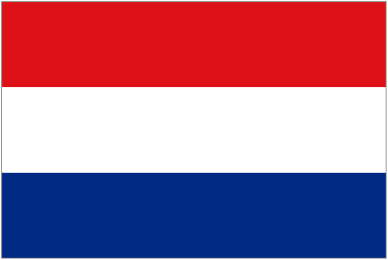 ��5.6%
��5.6%
 ��5.6%
��5.6%CZECH REPUBLIC
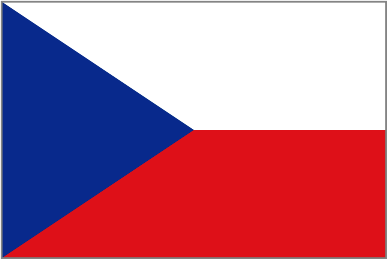 ��4.5%
��4.5%
 ��4.5%
��4.5%POLAND
 ��4.3%
��4.3%
 ��4.3%
��4.3%SWEDEN
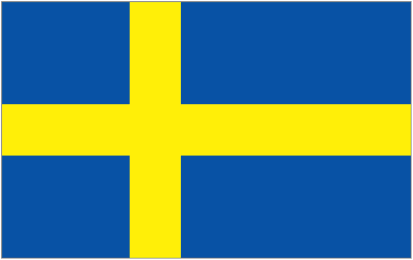 ��3.3%
��3.3%
 ��3.3%
��3.3%ITALY
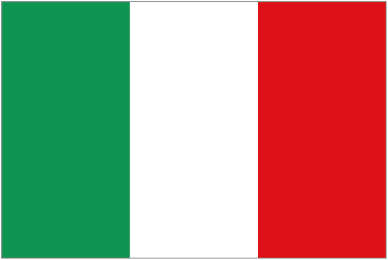 ��3.2%
��3.2%
 ��3.2%
��3.2%CHINA
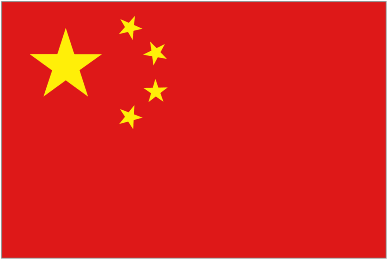 ��3.0%
��3.0%
 ��3.0%
��3.0%SPAIN
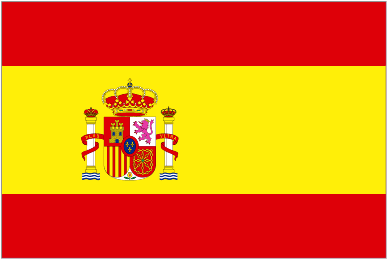 ��2.3%
��2.3%
 ��2.3%
��2.3%HUNGARY
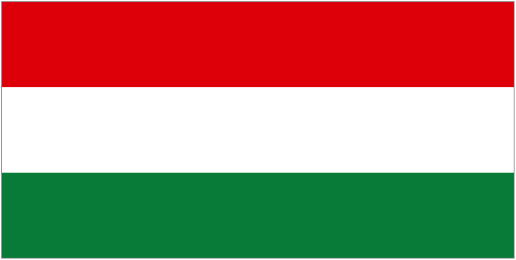 ��1.4%
��1.4%
 ��1.4%
��1.4%LATVIA
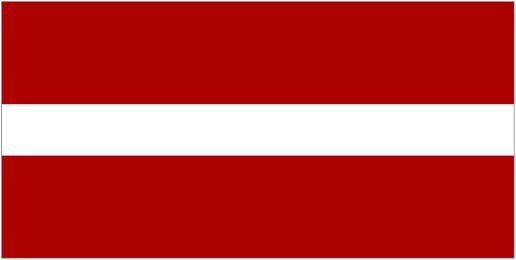 ��1.2%
��1.2%
 ��1.2%
��1.2%FRANCE
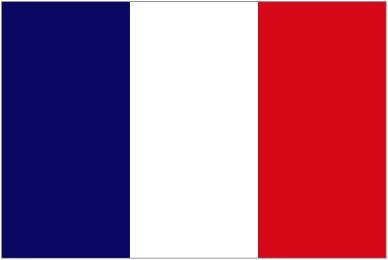 ��1.2%
��1.2%
 ��1.2%
��1.2%
�home
>�patient information
>�counterfeitdrugs
Counterfeit Drugs
Counterfeit drugs are medicines manufactured below established standards of quality and not in accordance with government guidance and therefore can be dangerous to patients' health and are in most cases ineffective in treating disease. Counterfeit drugs are often labeled incorrectly, misleading the user as to where the drug has come from and what the benefits may be.
Counterfeit drug manufacture and sale are a steadily increasing challenge to the maintaining public health standards not just in Europe but across the world.
Anyone, anywhere in the world can buy drugs for a range of diseases - chemotherapy drugs can easily be obtained off the internet as can many other drugs for more common illnesses such as antibiotics for infections, anti-hypertensive drug therapies, cholesterol reducing medicines and many more. Despite the issues of counterfeiting being discussed in the media many people experiencing health challenges are desperate and therefore can make ill-judged decisions. Most of these medicines do not contain the expected ingredients with many containing highly toxic substances which can do more damage.
The US based Centre for Medicines in the Public Interest predicts that counterfeit drug sales will reach US$ 75 billion globally in 2010, an increase of more than 90% from 2005.
Although precise and detailed data on counterfeit medicines is difficult to obtain, estimates range from around 1% of sales in developed countries to over 10% in developing countries, depending on the geographical area. (World Health Organisation)
IMPACT is a partnership of all the major stakeholders: international organisations, non-governmental advocacy and patient groups, law enforcement, pharmaceutical manufacturers and their trade associations, as well as government drug regulatory authorities.
www.safemedicines.org
www.who.int/mediacentre/factsheets
European Federation of Pharmaceutical Industries and Associations -
www.efpia.org
Counterfeit drug manufacture and sale are a steadily increasing challenge to the maintaining public health standards not just in Europe but across the world.
Anyone, anywhere in the world can buy drugs for a range of diseases - chemotherapy drugs can easily be obtained off the internet as can many other drugs for more common illnesses such as antibiotics for infections, anti-hypertensive drug therapies, cholesterol reducing medicines and many more. Despite the issues of counterfeiting being discussed in the media many people experiencing health challenges are desperate and therefore can make ill-judged decisions. Most of these medicines do not contain the expected ingredients with many containing highly toxic substances which can do more damage.
The US based Centre for Medicines in the Public Interest predicts that counterfeit drug sales will reach US$ 75 billion globally in 2010, an increase of more than 90% from 2005.
Although precise and detailed data on counterfeit medicines is difficult to obtain, estimates range from around 1% of sales in developed countries to over 10% in developing countries, depending on the geographical area. (World Health Organisation)
What is being done about it?
In February 2006, the World Health Organization launched the International Medical Products Anti-Counterfeiting Taskforce (IMPACT) to build coordinated efforts between countries to address the great deal of harm caused from fake medicines around the globe.IMPACT is a partnership of all the major stakeholders: international organisations, non-governmental advocacy and patient groups, law enforcement, pharmaceutical manufacturers and their trade associations, as well as government drug regulatory authorities.
- IMPACT will look at existing laws in countries
- Present effective models countries can replicate and adapt to meet their own needs
- IMPACT will focus on developing a set of principles for the establishment of appropriate legislation and penal sanctions including a clear legal definition of counterfeit medicines
www.safemedicines.org
www.who.int/mediacentre/factsheets
European Federation of Pharmaceutical Industries and Associations -
www.efpia.org
Counterfeit Drugs in Europe
europacolon would advise that all drugs should be prescribed by the
patients' clinician and delivered from a government run institution.
Latest News
Newly Identified Stem Cells May Hold Clues to Colon Cancer
Vanderbilt-Ingram Cancer Center researchers have identified a new population......
read more�
Study Establishes Safety and Clinical Benefit of SIR-Spheres� microspheres in Treating Metastatic Liver Tumors in Patients who Failed Systemic Chemotherapy
SIR-Spheres� microspheres are safe and provide clinical benefit for......
read more�
BSD Featured at Annual Meeting of the German Cancer Society
BSD Medical Corporation (NASDAQ:BSDM) (Company or BSD) (www.BSDMedical.com), a......
read more�
The Anti Colon Cancer Diet
8 Steps to Naturally Reduce Your Risk of Colon......
read more�
Colorectal Cancer For Under 50s On The Rise
Whilst colorectal cancer cases are generally on the decline......
read more�
Anti-cancer 'super' aspirin under development
Studies in mice show the compound to be effective......
read more�

Vanderbilt-Ingram Cancer Center researchers have identified a new population......
read more�

Study Establishes Safety and Clinical Benefit of SIR-Spheres� microspheres in Treating Metastatic Liver Tumors in Patients who Failed Systemic Chemotherapy
SIR-Spheres� microspheres are safe and provide clinical benefit for......
read more�

BSD Featured at Annual Meeting of the German Cancer Society
BSD Medical Corporation (NASDAQ:BSDM) (Company or BSD) (www.BSDMedical.com), a......
read more�

The Anti Colon Cancer Diet
8 Steps to Naturally Reduce Your Risk of Colon......
read more�

Colorectal Cancer For Under 50s On The Rise
Whilst colorectal cancer cases are generally on the decline......
read more�

Anti-cancer 'super' aspirin under development
Studies in mice show the compound to be effective......
read more�


Read our Newsletter here >>
